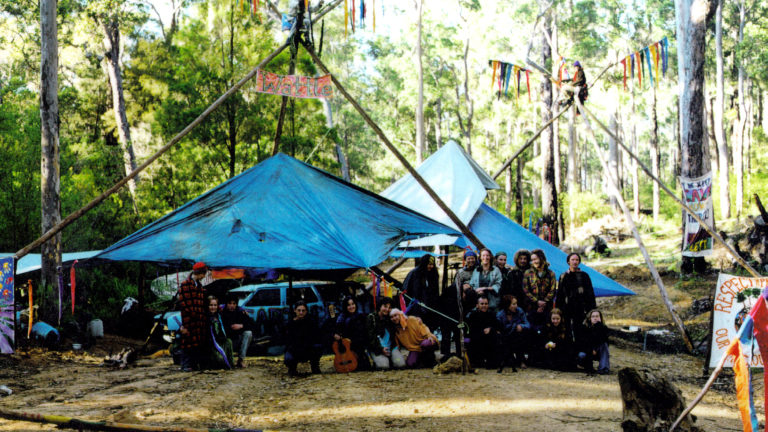
state capture on ‘rules to reality’ podcast
In mid February I spoke to Simon Katterl on the underrated ‘Rules to Reality’ podcast.

In mid February I spoke to Simon Katterl on the underrated ‘Rules to Reality’ podcast.

We are increasingly aware our politics have been captured by lobbyists and industries, so what can we do about it?

‘The Activist’, they called it. Recruit half a dozen social justice campaigners and save the planet–type people and make them compete against each other in a reality TV format for US media conglomerate CBS.

WikiLeaks’ Julian Assange is slowly dying in a UK prison, as the US maintains its fight to have him die in theirs – but there is hope.

Show Your Working is a regular column exploring how some of our favourite writers get things done. This month, we take a peek into the writing routine of former senator turned author Scott Ludlam.

Grateful for the chance to speak to Late Night Live legend Phillip Adams right after launching Full Circle.

A couple of friends are admiring a two-foot section of steel pipe with an odd reverence; encrusted with welded spikes of rebar and scrap metal, it clearly has an important part to play in whatever is being done here.

A concept so old it comes to us in a dead language: divide et impera. The original phrase is attributed to Philip II of Macedon as he played Greek city-states off against one another in the fourth century BC. In ancient Greek, διαίρει καὶ βασίλευε; in English, divide and rule. A favoured tactic of emperors and dictators from Caesar to Bonaparte to Mao, it is also a staple of the modern workplace.
For the first time in more than a decade there’s cause for hope.
First published in ‘A Secret Australia,’ December 2020 Every act of repression offers a choice between retreat or defiance, fear or anger. In the comfortable West for as long as I’ve been alive, that word – repression – was crafted as something distant. Repression was something unleashed in Eastern Europe, or Tiananmen Square, or the back blocks of Nairobi. It was something that advanced and civilised democratic nations stood against, buttressed by the human rights instruments they had drafted after the defeat of fascism in the 1940s. Like most fairytales, this origin story has taken grains of truth and warped them into unrecognisable form. For decoding these myths of the powerful and distilling the grains of truth into something legible, our collective wellbeing depends on publishers, and journalists, and truthtellers.